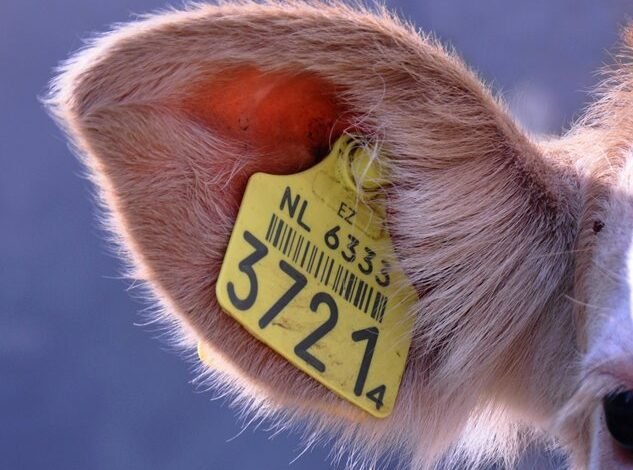Caller Tracking Regulation Risk Defense Network 3802339096 3398493042 3805886822 3484462290 3511014396 3889727221

The regulation surrounding caller tracking presents a complex landscape for businesses. With increasing scrutiny on consumer privacy, organizations must navigate compliance challenges effectively. The numbers 3802339096, 3398493042, 3805886822, 3484462290, 3511014396, and 3889727221 could highlight potential risks within this framework. Companies must implement strong risk defense mechanisms. Failure to do so may lead to severe repercussions. How businesses adapt to these regulations will shape their future marketing strategies.
Understanding Caller Tracking Regulations
Although caller tracking can enhance marketing strategies and customer engagement, understanding the regulations that govern its use is essential for compliance and risk management.
Organizations must prioritize regulatory compliance to navigate the complexities surrounding caller identification. This includes adhering to laws that protect consumer data and ensuring transparency in tracking practices, ultimately safeguarding both the business interests and the rights of individuals involved.
The Importance of Consumer Privacy
As organizations increasingly rely on caller tracking to optimize their marketing efforts, the significance of consumer privacy becomes paramount.
Ensuring data protection is essential in safeguarding privacy rights, as consumers demand transparency in how their information is utilized. Upholding these rights not only fosters trust between consumers and businesses but also aligns with the growing societal expectation for responsible data management in the digital age.
Impact on Businesses and Telemarketing
While caller tracking offers businesses valuable insights into consumer behavior, it also introduces significant regulatory challenges that can impact telemarketing practices.
Companies must adapt their telemarketing strategies to ensure compliance with evolving regulations.
Failure to navigate these compliance challenges can result in penalties and damage to reputation, ultimately hindering the effectiveness of telemarketing efforts and constraining businesses’ ability to engage with consumers freely.
Future of Caller Identification Standards
The future of caller identification standards is poised for significant evolution, driven by advancements in technology and increasing concerns over privacy and security.
As caller ID innovations emerge, they must navigate regulatory challenges that seek to balance transparency and user protection.
The successful integration of these innovations will define how individuals and businesses engage with phone communications while safeguarding personal information in an increasingly digital landscape.
Conclusion
In navigating the intricate landscape of caller tracking regulations, businesses must prioritize compliance to safeguard consumer privacy. As the digital age evolves, the question remains: will companies adapt to the stringent standards, or will they falter under the weight of non-compliance? The stakes are high, with potential penalties looming and reputational damage at hand. Ultimately, a robust risk defense network is not merely a regulatory requirement but a strategic imperative for sustainable growth in an increasingly scrutinized marketplace.





